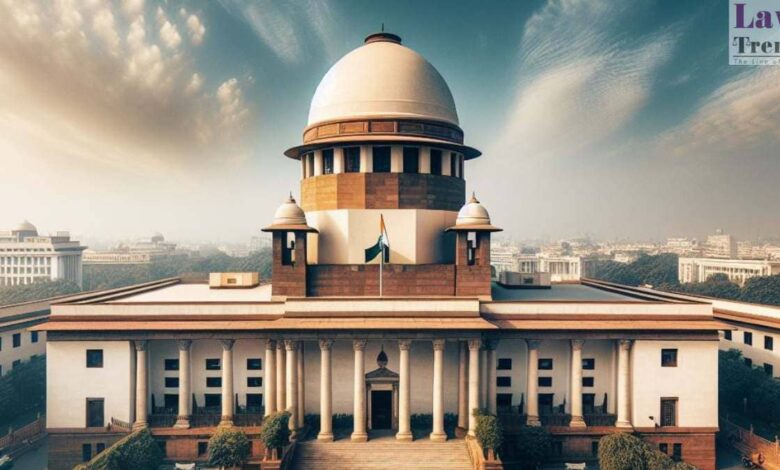
Recently, the Supreme Court of India pronounced an order staying the central government’s notification concerning the constitution of a fact-checking unit under the Press Information Bureau. The Supreme Court challenges the unit for serious constitutional issues related to the wide-ranging power that is given to it to identify fake news about the Union government.
However, the Bombay High Court initially ordered the unit’s formation to be paused. The bench, led by Chief Justice of India DY Chandrachud, set aside this decision. The court, however, focused on the order’s implications for free speech and expression by highlighting core questions on Article 19(1)(a) of the constitution.
Establishment of the Fact Check Unit under the aegis of the Information Technology Rules, 2021 by the Ministry of Electronics and IT is an attempt to weed out false information related to Union government on the Facebook and Twitter etc. There is a pause for the Supreme Court to evaluate the validity of the notification served to the public on 20th March 2024 and rationalize the constitutional aspect.
After the protest filed by a stand-up comedian, Kunal Kamra, and by the country’s Editors Guild, the move was initiated. Respecting Rule 3 (1)(b)(v) of the IT (Intermediary Guidelines and Digital Media Ethics Code) Rules 2021 as a nodal agency to deal with fake news and misinformation concerning the central government falls within the unit’s jurisdiction.
According to new rules, online intermediaries must remove flagged material identified as fake, wrong, or misleading by the fact check the unit in order to retain their immunity against third-party material, known as ‘safe harbor.’
The Supreme Court’s judgment is a noteworthy landmark for the analysis of the constitutional effects of fake news and hate speech bureaus on the freedom of speech and expression in India.



